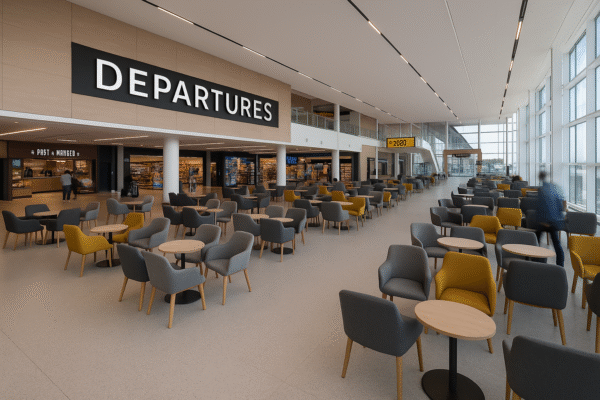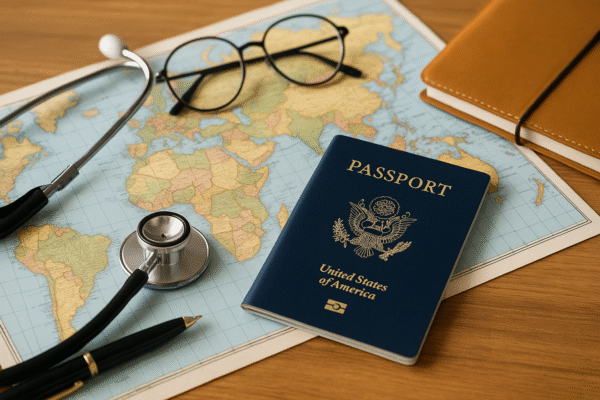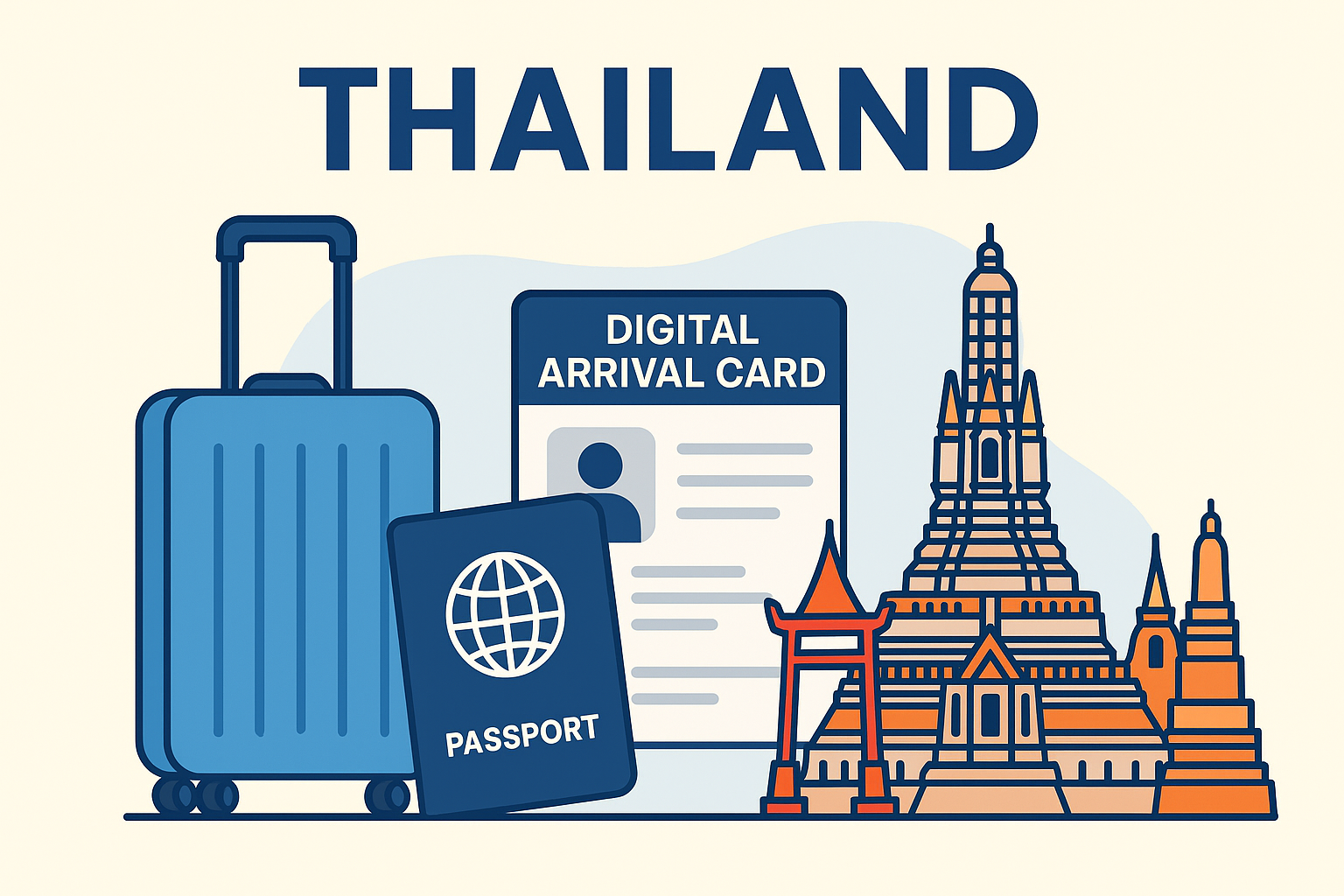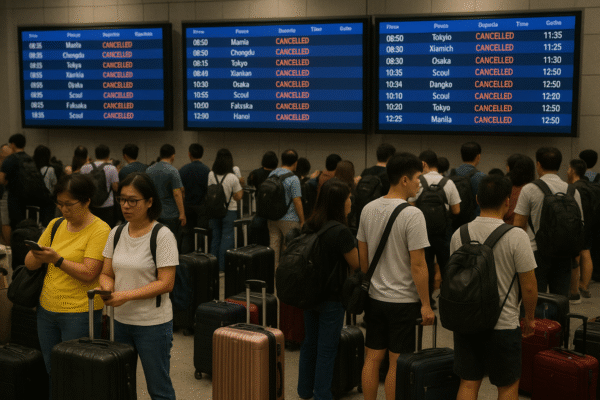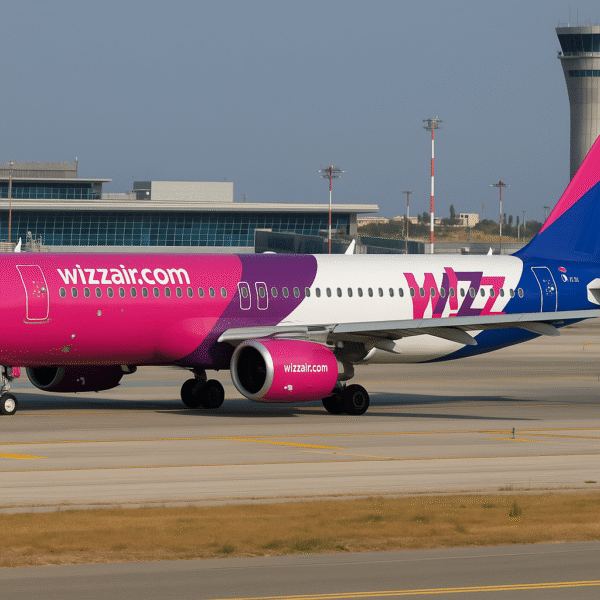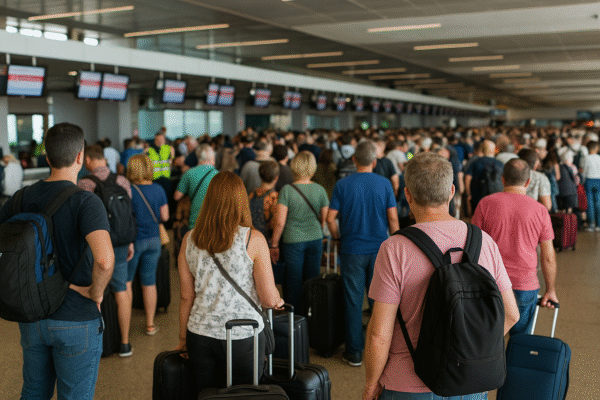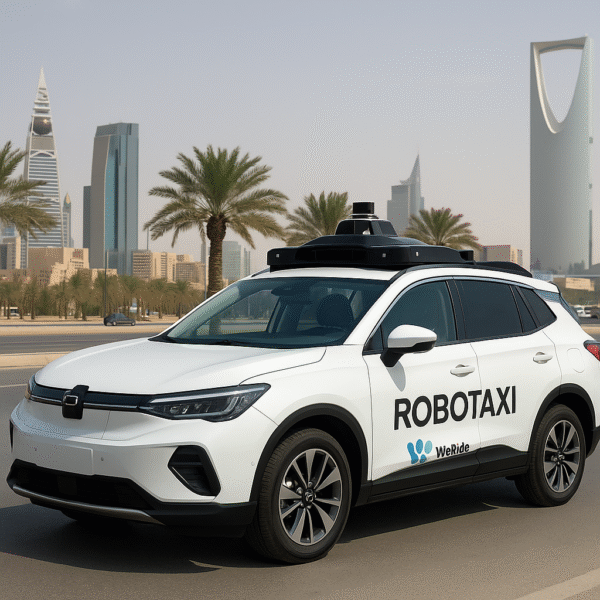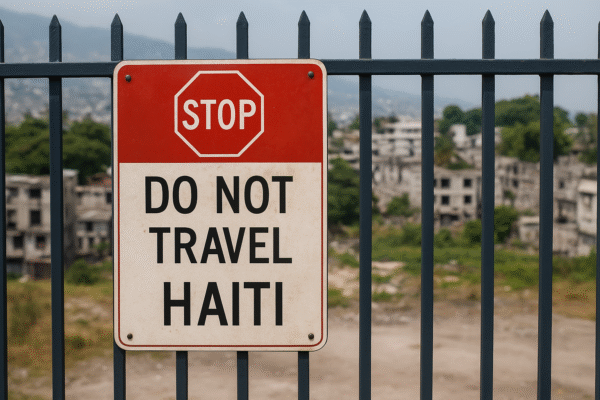Riyadh Unveils First Robotaxi Service, Driving Saudi Arabia Toward an AI-Enabled Mobility Future
Riyadh, Saudi Arabia — In a bold move aligning with Vision 2030, Saudi Arabia has officially launched its first autonomous taxi service in the capital city of Riyadh. The pioneering Robotaxi program, powered by cutting-edge technology from Chinese autonomous driving company WeRide, positions the Kingdom as a regional leader in AI-powered mobility and sustainable transport solutions.
This historic launch signifies a major step forward in Saudi Arabia’s strategy to modernize its transportation infrastructure, diversify its economy, and adopt advanced smart city technologies.
Pilot Launch Across Riyadh’s Strategic Hubs
The pilot program is currently operational in seven key locations across Riyadh, including:
- King Khalid International Airport (Terminals 2 and 5)
- Princess Nourah Bint Abdulrahman University
- Roshn Business Front
The route also encompasses several of Riyadh’s major highways. To ensure convenience and accessibility, 13 designated Robotaxi pick-up and drop-off stations have been strategically established across the city.
Over the first 12 months, residents and visitors will be able to experience AI-driven transportation firsthand as the vehicles navigate real-world urban environments.
State-of-the-Art Technology and Human Oversight
Each Robotaxi is equipped with advanced LiDAR sensors, GPS navigation, AI-based decision-making algorithms, and 360-degree motion detection systems. This technology enables the vehicles to recognize traffic signals, avoid obstacles, and navigate Riyadh’s complex roadways autonomously.
In this initial trial phase, each vehicle will be monitored by a human safety supervisor to ensure real-time operational safety and provide feedback for system refinement. Future phases aim to phase out human supervision, transitioning to fully driverless operations.
According to Saudi Arabia’s Transport General Authority, the use of Robotaxis will not only help reduce human error on the roads but will also contribute to more efficient traffic flow and a reduction in congestion-related emissions.
A Strategic Pillar of Vision 2030
The launch of the Robotaxi program directly supports the goals of Vision 2030, a national reform plan aimed at reducing Saudi Arabia’s dependence on oil, boosting technology-driven industries, and improving the quality of urban life.
Dr. Rumaih Al-Rumaih, Vice Minister of Transport and Logistics Services, emphasized the significance of this milestone during the launch event:
“This pilot represents our commitment to smart, sustainable mobility solutions. We are fostering a competitive technology ecosystem while preparing for a future where autonomous vehicles are part of everyday life.”
Partnering With Global Tech Leader WeRide
The collaboration with WeRide, a globally recognized autonomous driving firm headquartered in Guangzhou, underscores Saudi Arabia’s international partnerships in emerging technologies. WeRide has previously operated autonomous vehicles in China, UAE, and Singapore, and its expansion into Saudi Arabia marks its growing influence in the Middle East.
WeRide’s Robotaxi fleet has logged millions of kilometers globally under real-world testing and is among the few companies licensed for L4 autonomous driving, the level just before full autonomy.
Impact on Urban Mobility and Environment
As Riyadh experiences rapid population growth and urban expansion, autonomous vehicles offer a practical solution to issues such as traffic congestion, parking shortages, and transport-related carbon emissions.
According to the Ministry of Transport and Logistic Services, transportation currently accounts for more than 20% of Saudi Arabia’s CO₂ emissions. By deploying electric-powered Robotaxis, the Kingdom takes a crucial step toward reducing urban air pollution and meeting its net-zero carbon goals by 2060.
Additionally, Robotaxis will reduce reliance on private car ownership, improve accessibility for non-drivers, and ease pressure on public transportation systems.
Future-Ready Infrastructure and Smart City Expansion
This initiative is part of a broader strategy to make Riyadh a leading smart city, with further plans to integrate AI, 5G, and IoT (Internet of Things) across sectors such as energy, waste management, and public services.
Saudi Arabia is investing heavily in next-generation infrastructure, with megaprojects like NEOM, a futuristic city in the northwest, also incorporating autonomous transport systems from inception. Lessons learned in Riyadh will likely inform wider deployment across the Kingdom, including in Jeddah, Dammam, and Mecca.
Economic Growth and Job Creation
The Robotaxi launch is expected to stimulate job creation in high-tech sectors including robotics, data analysis, AI software engineering, and mobility operations. As part of Vision 2030, the government is also working to upskill Saudi youth in fields like autonomous systems, cybersecurity, and smart logistics through public-private partnerships and scholarship programs.
The broader adoption of such mobility services is also poised to attract foreign direct investment (FDI) and position Saudi Arabia as a regional innovation hub.
For more travel news like this, keep reading Global Travel Wire

